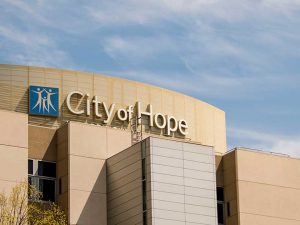Over the past year, we have witnessed the awesome power of American pharmaceutical and biotechnology companies.
In March 2010, as part of Affordable Care Act, Congress passed a well-conceived and critical legislative bill, the Biologic Pricing and Competition Innovation Act of 2009 (BPCIA)
Every person facing a cancer diagnosis deserves access to the best possible tests and treatments for their disease. It’s really that simple. Even better—it’s entirely feasible.
Becky Stephens is more than willing to go to great lengths for a miracle. With a diagnosis of stage 4 colon cancer and chemo treatments that weren’t working, she was desperate for hope—and found it in a clinical trial.
The development of more effective cancer treatment has yielded higher cure rates, longer survival, and a decrease in cancer recurrence. As of January 2019, the National Cancer Institute estimated that there were 16.9 million cancer survivors in the United States.
As cannabis (marijuana) legalization expands in the United States, its medical use is becoming more prevalent in patients with cancer. Despite high patient interest, large well-conducted clinical trials are limited and few oncologists feel they have sufficient training to make informed recommendations about cannabis.xxx:more
A profound, difficult, seemingly impossible human journey begins with the words, “you have cancer.”
COVID-19 continues to ramp on and has affected just about all aspects of the health care system in our country.
Our nation's NCI-designated comprehensive cancer centers are charged with developing and leading cutting-edge research to reduce the nation's cancer burden.
Even though cancer center and health system leaders know this deep down, most also find no way better to measure the success of programs and providers than the inscrutable Relative Value Unit, or RVU.















